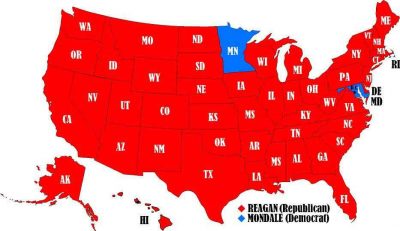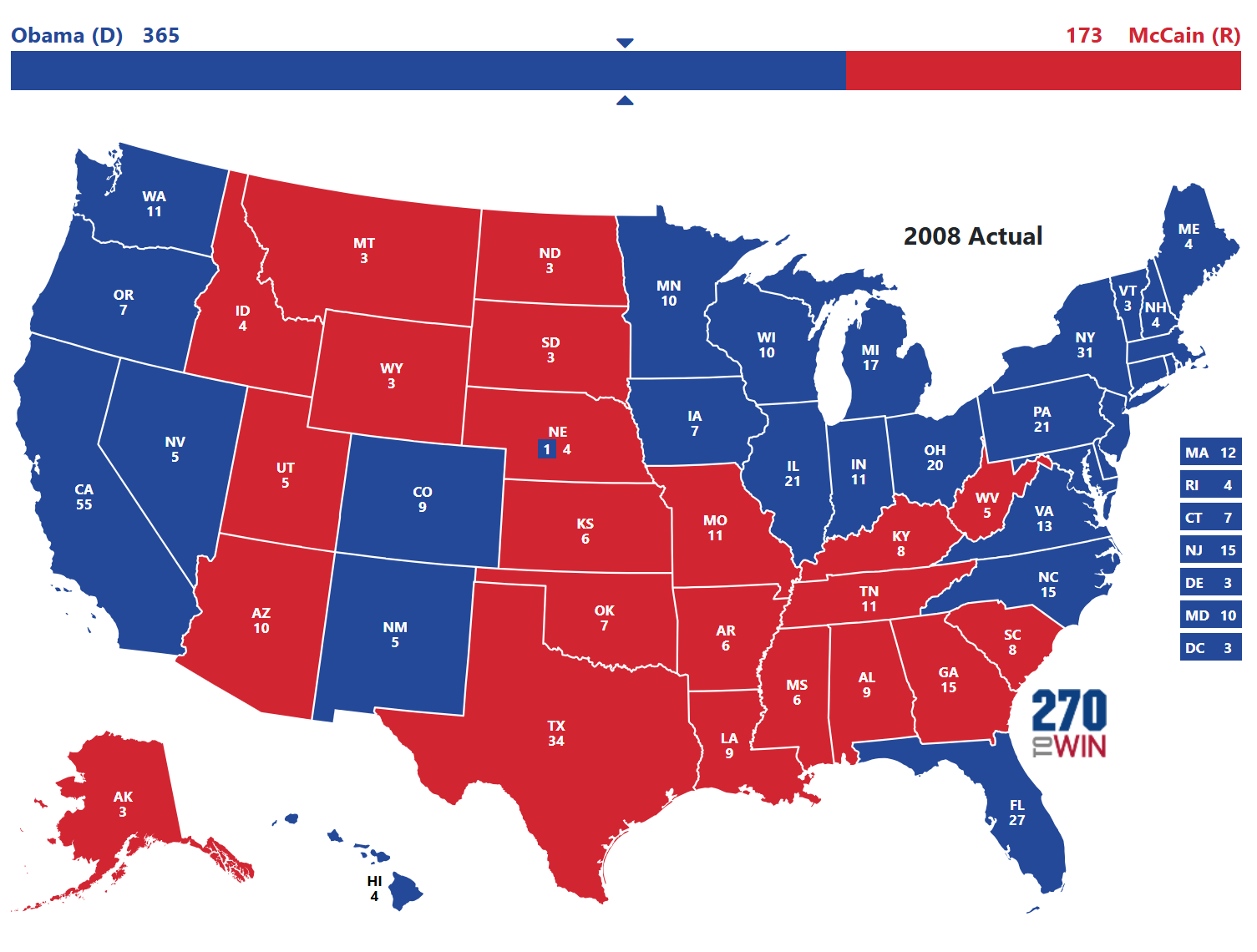I have never seen a Trumpkin with a working knowledge of economics. Everything is binary with them. All taxes are bad. All tax cuts are good. They have no ability to have a nuanced discussion. Tax policy is dynamic and complex. Trumpkins are simpletons. It's a bad mix. If we agree on what our economic goals are, (target growth, inflation, and unemployment levels), as well as our subjective needs (safety net programs, etc.) we can set a tax policy that optimizes those goals. But when the entire discussion is hyperpartisan, and the people involved in the discussion don't even understand the basics, an economic discussion is foreign language to them. So they resort to 'Biden will tax us into oblivion'. That's nothing but rhetoric, as is 'lower taxes, better economy, stronger America'. Yes, and Mom and hot dogs and apple pie and shit. There is just no capability, at least not on this board, to have that discussion.
To your point, trickle down is demonstrably failed. The proof is in the numbers. The movement of wealth from the bottom to the top is stark and alarming. It's unsustainable, and we're seeing the impacts now. I'm not going to hold my breath waiting for the Trumpkins to intelligently discuss this. They still think the 2008 meltdown was Barney Franks fault. They are clueless.
Then let's hold a "nuanced discussion" about this. First taxes are a necessity, but that doesn't mean all taxes are necessary or desirable. By the same token not all cuts are necessary or desirable. When the US has one of the highest marginal corporate tax rates in the world, it's probably time to lower them. Trump did that. The economy picked up--like it or not.
Government should not be the arbiter of economic goals either, at least for the most part. They shouldn't be the ones deciding what industries grow or fail. They shouldn't be setting a national energy policy for the most part either.
One area you failed to mention is regulation. Government regulation is often over regulation. The goal of virtually all, if not all regulation, should NEVER, EVER be "zero tolerance." That is to say we should not seek to eliminate ALL pollution, or make everything COMPLETELY 100% safe for example. But regulators do exactly that because that's how bureaucracies work.
A zero tolerance / there's always more to regulate mindset is expensive and a major drag on society. Right now, government regulations cost employers over $10,000 per employee per year to comply with. That cost is higher for small businesses than it is for large corporations so it hurts the little guy the most.
As the graph shows, the cost of regulations in manufacturing a car has steadily increased even as the price to manufacture the vehicle itself has remained almost flat. Yes, some of that regulation is necessary. Other parts of it are not. For example, airbags in vehicles are not cost effective. They are a marginal safety device that isn't worth the cost of including them, and never have been. But the government mandates them and even continues to try to put more regulations in place to increase their use.
The exact regulations aren't the issue however, it's the concept that all regulations are not productive or valuable. Many cost a great deal and produce little or nothing in return. A great example from the Clinton era is an EPA regulation that reduced allowable arsenic in drinking water from 50 ppb to 10 ppb. That is using the current US population of about 340 million, that under the old standard everyone in the US would get a blue T-shirt marked "water" except for (at the maximum) 17 people who would randomly be given green T-shirts marked "arsenic." The new standard would reduce this to just 4 people wearing green T-shirts.
Now, there are plenty of studies that show if you have 100 to 1000 times the old standard of arsenic in your drinking water you will suffer negative consequences in 20 to 40 years from it. At the old standard there were no appreciable health effects. The new standard did nothing to make you healthier or safer. But it cost hundreds of millions for water companies across the US to comply with this new standard and people, particularly in the West using ground water saw their water bills triple or quadruple in many cases. There was an immediate and measurable economic consequence to it.
That's a bad regulation. It smacks of the "zero tolerance" mentality.
Yet, there's plenty of people who scream bloody murder every time someone proposes deregulating something. Yes, some things do need tight regulation, other things don't. What we don't need is simply more regulation for the sake of regulation, and that all-too-frequently is what the Progressive Left wants.
Regulations cost money and require taxes to allow regulators to ensure compliance. They are a net drain on the economy. They need to be tightly managed, and the government making them needs to be on a very short leash.



